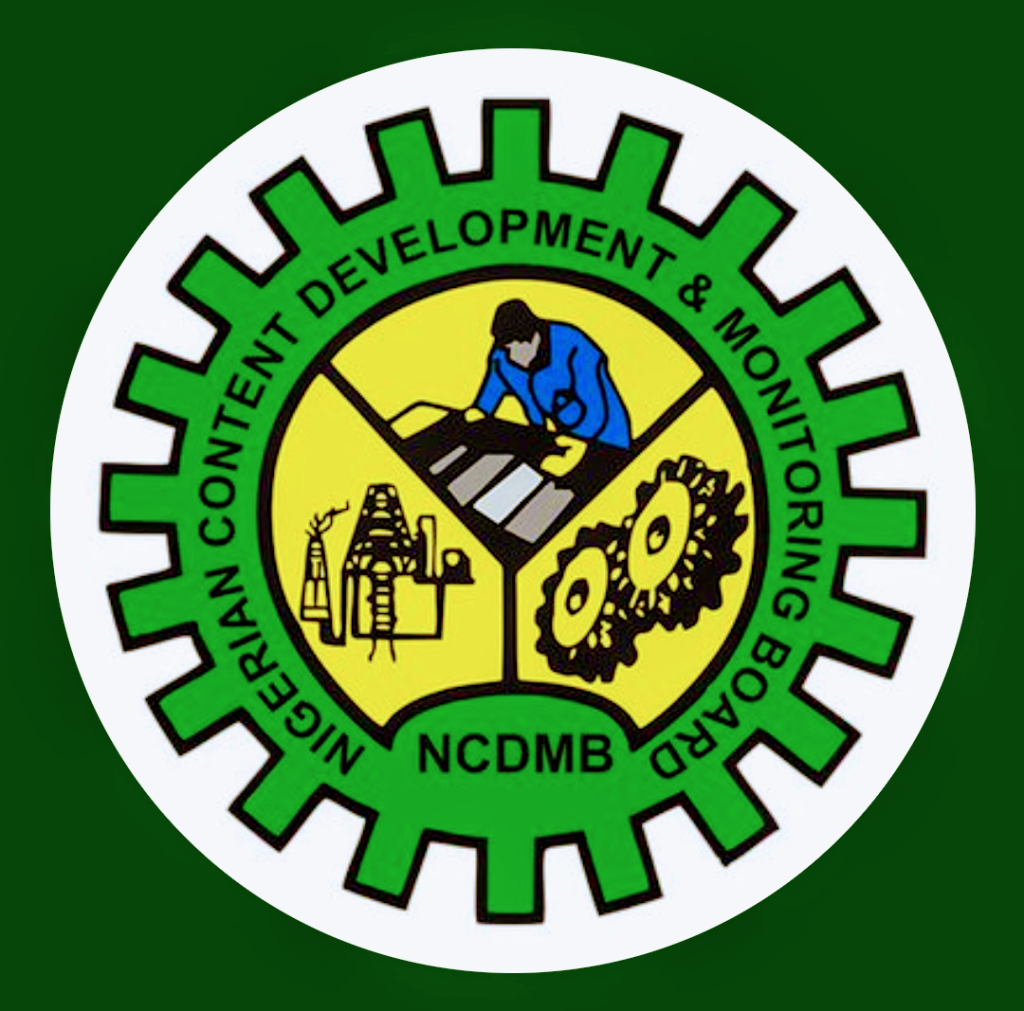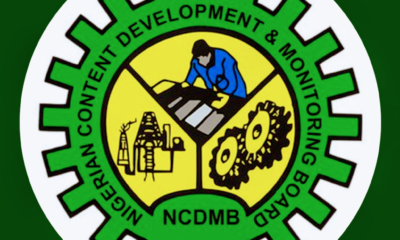The Nigerian Content Development and Monitoring Board (NCDMB) has announced that the 2021 edition of the Nigerian Oil and Gas Opportunity Fair (NOGOF) will be held virtually on May 25 and 26, 2021.
The Executive Secretary of NCDMB, Engr. Simbi Kesiye Wabote revealed this last week during a press conference organised in Lagos, adding that the Board decided on the virtual option in compliance with the Federal Government’s guidelines on curtailing the COVID-19 pandemic as well as the subsisting travel restrictions in some countries.
While admitting that hosting the conference virtually was new for the Board and other stakeholders, Wabote expressed excitement that it offers an opportunity for participants to join from anywhere in the world without incurring logistics costs, thereby recording increased participation. He explained that the core objective of organizing NOGOF is to showcase the opportunities that are likely to emerge from the short to medium-term plans and activities of operators and project promoters operating in the upstream, midstream and downstream sectors of the Nigerian Oil and Gas industry.
“We must as NCDMB continue to give hope to Nigerians and the industry and show them that even when you have a pandemic like this, there are still opportunities for people to look forward to and invest,” he said.
He added that the showcase of upcoming projects by operating companies gives Nigerian service companies ample opportunity to build relevant capacities that might be required to execute the projects in-country, thereby creating employment opportunities and retaining spend in-country.
He stated further that “hosting NOGOF is line with the key thrusts of the Nigerian Oil and Gas Industry Content Development Act 2010 (“NOGICD Act”) which charged the NCDMB to build and support the development of local capacities and capabilities in the oil and gas industry, to foster institutional collaboration, maximizing the participation of Nigerians in oil and gas activities, linking oil and gas sector to other sectors of the economy, maximizing utilization of Nigerian resources, among others.”
He noted that this year’s edition of the bi-annual fair would be the third in the series with the theme “Leveraging Opportunities & Synergies for Post Pandemic Recovery of The Nigerian Oil & Gas Industry”.
He said the theme acknowledges the industry wide disruption caused by the COVID-19 Pandemic and it encourages constructive discussions on recovery and the way forward, especially within the context of the energy transition.
He said the fair would feature technical and opportunity sessions from various stakeholders, virtual networking opportunities, an award ceremony in recognition of distinguished industry players and a virtual exhibition opportunity for registered organisations to present their activities and products to delegates.
He recalled that the maiden edition of NOGOF in 2017 at Uyo, Akwa Ibom State had over 1,200 delegates and 33 exhibitors, while the 2019 edition in Yenagoa, Bayelsa State had over 1500 delegates and 52 exhibitors and more delegates would likely partake in this year’s edition.
Dwelling on the impact of NOGOF on the industry over the years, Wabote said some of the projects unveiled in the previous editions were already underway like the Nigeria LNG Train 7, while some others were delayed by the COVID-19 pandemic and would soon start to be executed.
He assured that Nigeria would record impressive local participation in the Train 7 project.
He said: “When we executed Train 1-6, there was minimal Nigerian participation. But today the Nigerian Content and out-country scope are split 50/50. Most of the cryogenic areas would be done outside the country because we do not have capacities in those areas. But 50 percent of the whole project activities would be done through Nigerian business and must be in-country. That is the value that would be retained in the Nigerian economy. We would achieve more in the upstream sector of the project because we have developed capacities in that area.”
Speaking further, the NCDMB boss indicated that the COVID-19 pandemic was the biggest test and confirmation of the need to develop local capacities in the oil and gas and other key sectors of the economy. He said the pandemic forced nations to depend on their local productions to survive, expressing delight that local capacities developed in the oil and gas industry proved capable of sustaining crude oil productions.
He added that First E&P Company -an indigenous operating company completed its project and started producing oil during the pandemic because of local content. “NCDMB insisted that they must build platform in-country. They thanked us later for that decision because their platform was completed even during the pandemic and deployed to work. If the project were being executed overseas, it would have been suspended during the period.”
Responding to questions from the media, the Executive Secretary clarified that Local Content implementation was not at all costs. He maintained that every project has its economics and the return on investments must be viable, which was why the Board adopts pragmatism in its implementation of the NOGICD Act. He added that building local capacities takes some time and that Nigeria’s Content was not about the Nigerianization of personnel, rather it focuses on domestication and domiciliation of industry activities.

 Naira4 weeks ago
Naira4 weeks ago
 News3 weeks ago
News3 weeks ago
 Education4 weeks ago
Education4 weeks ago
 Social Media4 weeks ago
Social Media4 weeks ago
 Economy4 weeks ago
Economy4 weeks ago
 Investment4 weeks ago
Investment4 weeks ago
 Dividends4 weeks ago
Dividends4 weeks ago
 Business3 weeks ago
Business3 weeks ago























